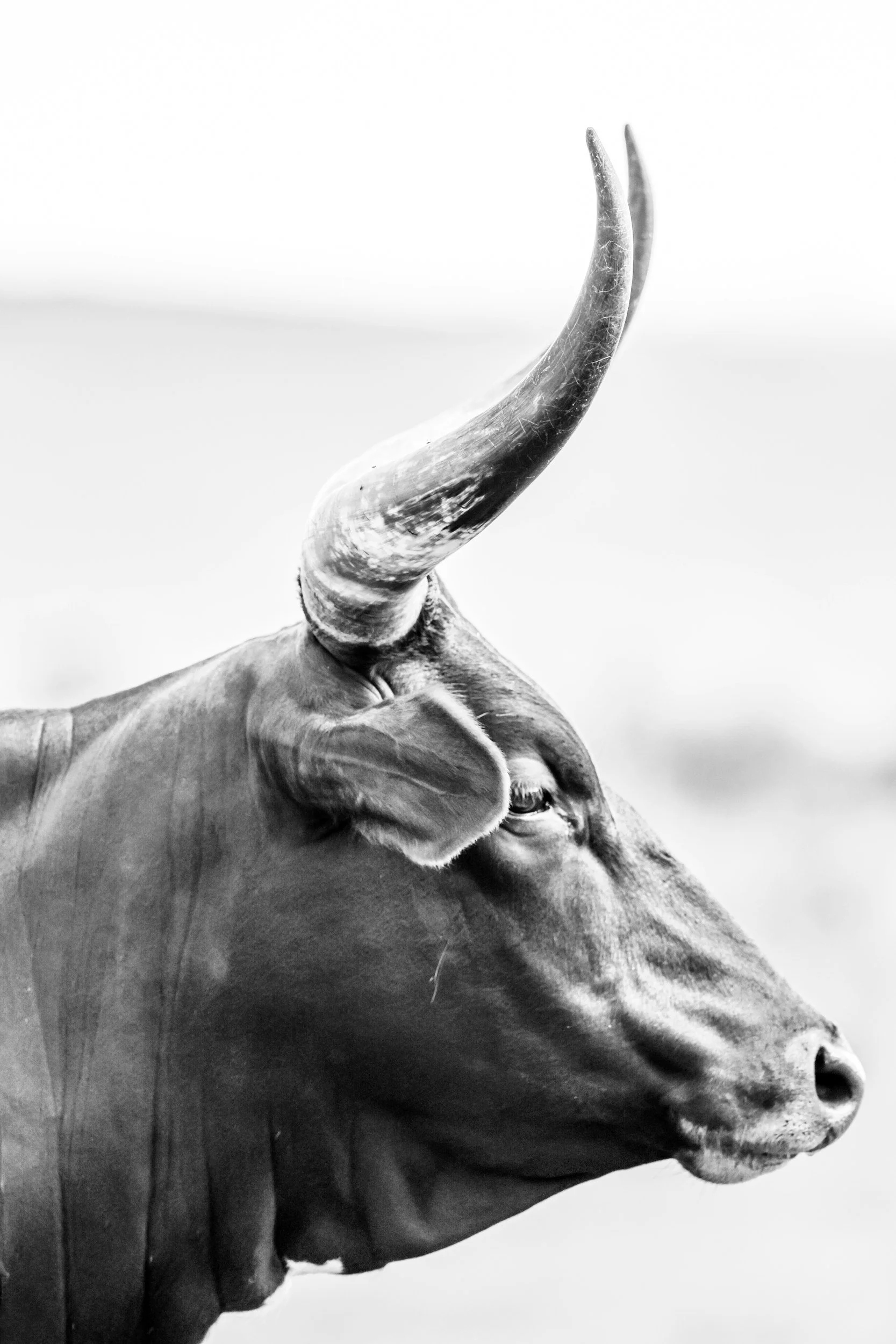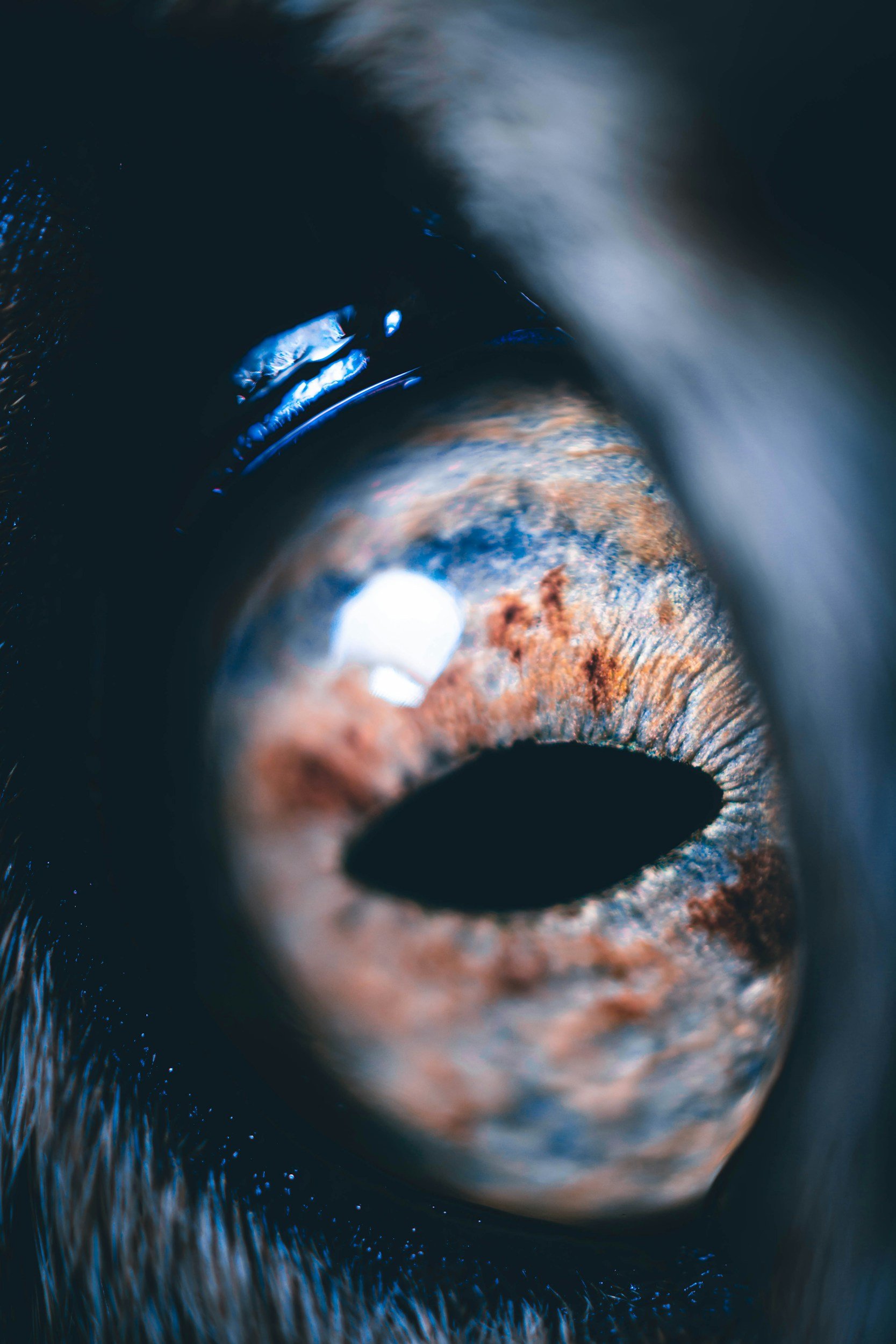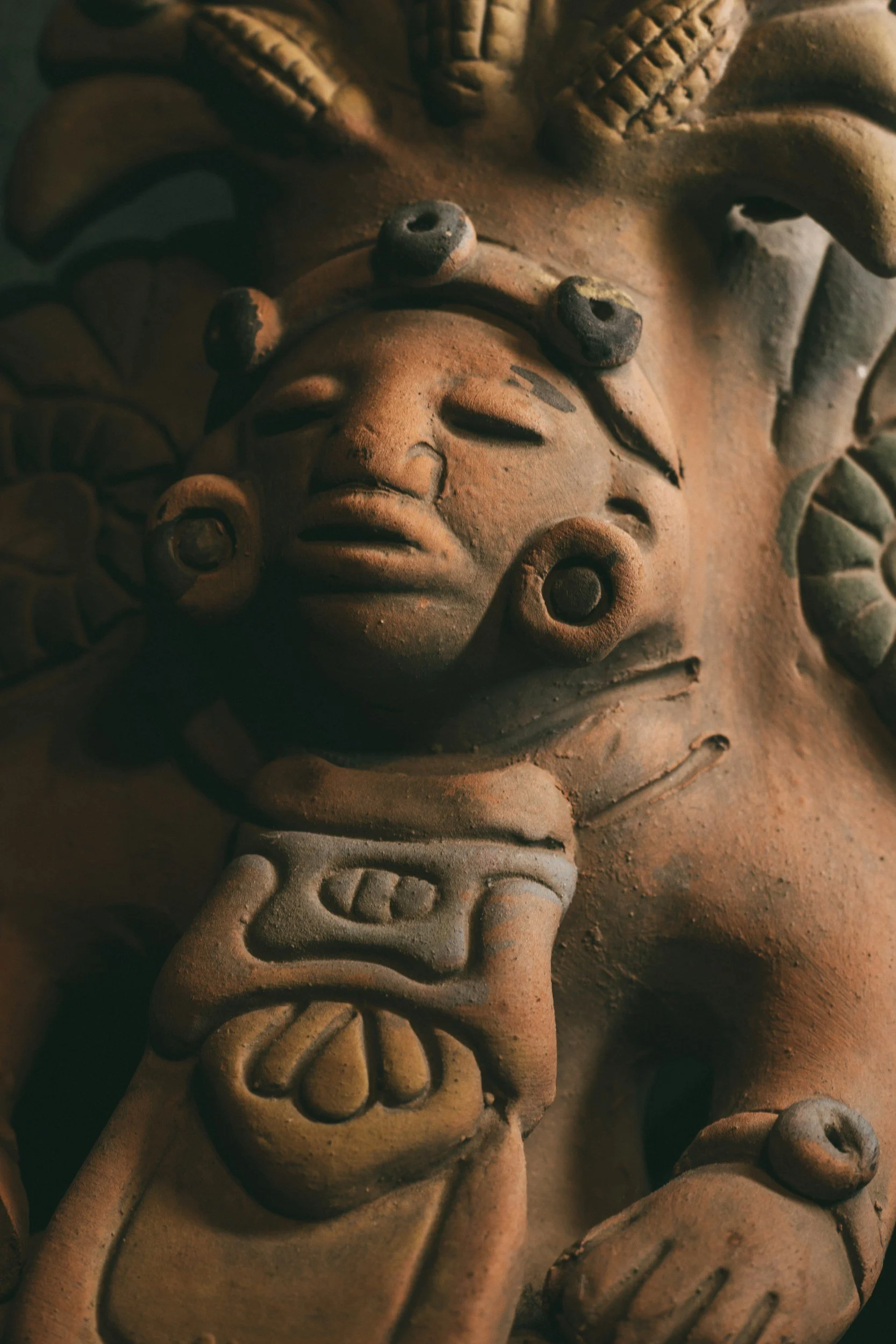Epigenetics & Ancestral Memories (Their Impact on Your Current Realities)
Epigenetics is a rapidly evolving field that explores how gene expression is influenced by factors other than changes in the DNA sequence itself. This field has opened up a fascinating realm of possibilities, including the potential for ancestral memories—traits and behaviors passed down from our ancestors—not through direct genetic coding, but through epigenetic markers. In this post, we will explore how epigenetics and ancestral memories might shape our current realities, influencing everything from our health to our behavior and emotional responses.
What is Epigenetics?
Epigenetics involves changes in gene activity that do not involve alterations to the genetic code itself. These changes can be triggered by various environmental factors such as diet, stress, and exposure to toxins. Importantly, some epigenetic changes can be inherited, which means that the life experiences of previous generations may influence the genes that are passed down to the next.
The Concept of Ancestral Memories
Ancestral memories have to do with the idea that people might inherit not just physical traits through genetic material but also the emotional and behavioral imprints of their ancestors as shaped by their experiences. In theory, this would mean that our ancestors' life experiences—such as trauma, or excessive stress, among other things—could affect our gene expressions today, influencing our health risks, psychological tendencies, and behaviors.
How Epigenetics Connects Us to Our Ancestors
Trauma and Resilience: Research suggests that significant traumatic events can lead to epigenetic changes that can be passed down to subsequent generations. For example, studies on the descendants of Holocaust survivors have shown that they may have certain stress responses that are significantly different from the general population, potentially predisposing them to PTSD and anxiety disorders.
Diet and Metabolism: Epigenetics also plays a vital role in how our bodies process food, which can be traced back to the diets of our ancestors. For instance, populations that have historically faced famines might develop more efficient fat storage mechanisms, which, in modern contexts, could predispose descendants to obesity in environments where food is plentiful.
Environmental Adaptations: The environments where our ancestors lived have shaped epigenetic markers that can influence how our bodies respond to similar stimuli today. This can determine how we react to everything from temperature changes to allergens and pollutants.
The Impact on Current Realities
Health Implications: Understanding the epigenetic links can help in predicting susceptibility to diseases and tailoring personalized medicine approaches that account not just for genetic information but also for a person’s epigenetic makeup.
Behavioral Patterns: An awareness of epigenetic influences can offer explanations for certain inherent fears, anxieties, or preferences, helping individuals and therapists better manage these traits.
Cultural and Social Dynamics: Epigenetics provides a biological insight into how the experiences of previous generations shape the cultural practices of communities. This can affect everything from dietary habits to social behaviors and how communities respond to stress and change.
Ethical and Social Considerations
While the potential for epigenetic science is enormous, it also brings up significant ethical and social questions. How much do we want to know about our epigenetic legacies? What should be done with this information? There are also concerns about genetic determinism and the potential for discrimination based on epigenetic information.
To Sum It Up
The field of epigenetics and the concept of ancestral memories offer an intriguing lens through which we can view some of our current realities. They provide a nuanced understanding of how our personal health, behavior, and perhaps even our cultural tendencies are influenced not just by the genes we inherit but also by the lives our ancestors led. As research in this area continues to evolve, it promises to reshape our understanding of human biology in ways that were unimaginable just a few decades ago.
Let us know what you think of this subject in the comment section below, and what other aspects you think should be considered. Also help us share this post with others if you find it interesting. Thank you!





























